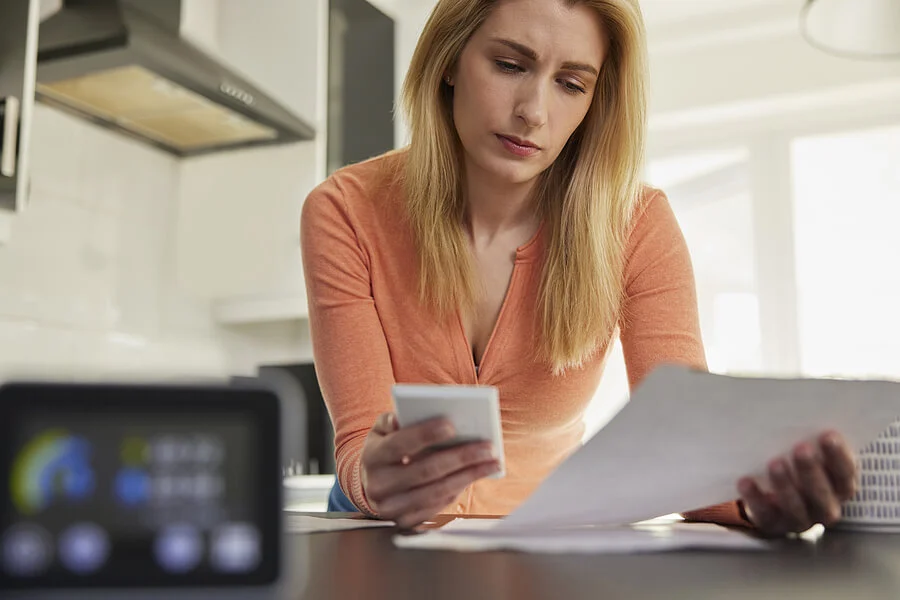
As the Bank of England raised interest rates for the seventh time in a row, and the Chancellor’s mini budget sent the value of the pound plummeting, householders are facing yet more pressures on their finances at a time when they can least afford it. However, there have been renewed warnings from experts about joining the Don’t Pay UK protest.
For the last year, the cost of groceries, food, and energy have been rising at the fastest rate since the 1970s. This is down to a complex economic situation, but the war in Ukraine and the aftermath of Covid have played a big part.
Now, the new Chancellor Kwasi Kwarteng has announced large-scale tax cuts in his recent mini-budget. Opinion is divided as to whether this will eventually have the desired effect of stimulating the economy as it teeters on the brink of recession. However, the immediate effect has been to send the value of the pound plummeting against the dollar.
This will drive up the cost of importing goods from abroad, and these costs will end up being passed onto the consumer. Furthermore, it is likely to increase the cost of commodities including oil, driving up the price of petrol, diesel, and heating fuel yet again. The pound has been sliding in value against the dollar for weeks, and it is currently at a new low.
In response to the unprecedented pressures on household budgets, a protest movement called Don’t Pay UK has been launched. They have pledged to stop paying energy bills from the 1 October, if a million people sign up for the campaign. So far, around 180k people have signed up, but interest has been surging in the last few days.
However, financial experts are warning people about the dangers of taking part in the energy bills strike. If you already have a bad credit history, it will make the situation much worse, and could even lead to debt collectors repossessing your property, or even being blacklisted by energy companies.
For those who currently have a good credit record, taking part in the Don’t Pay movement will mean that they will have a record of debt on their credit file. This will make it harder to access financial products in the future, and may mean they will have to pay higher rates of interest on loans and mortgages.
For those householders who are struggling with higher mortgage rates and fuel and grocery bills, there are several sources of help available. In the first instance, anyone who can’t meet payments to an energy provider or mortgage company should contact the provider and explain the situation.
The provider may be able to put an affordable payment plan in place for you, with reduced payments until the situation improves. Organisations such as Citizen’s Advice may be able to provide you with extra free information about legal, financial, debt, and housing problems.
If you would like to talk to IVA mortgage specialists, please get in touch today.
Your home may be repossessed if you do not keep up with your mortgage repayments.
There may be a fee for mortgage advice. The actual amount you pay will depend on your circumstances. The fee is up to 1% but a typical fee is £595.
Back to Blog
Create Finance Limited is an appointed representative of Mortgage Advice Bureau (Derby) Limited which is authorised and regulated by the Financial Conduct Authority.
Create Finance Limited. Registered Office: Office 20, Sadler Bridge Studios, Bold Lane, Derby, DE1 3NT. Registered in England Number: 09582938.
Think carefully before securing other debts against your home. Your home may be repossessed if you do not keep up repayments on a mortgage or any other debt secured on it. There may be a fee for mortgage advice. The actual amount you pay will depend on your circumstances. The fee is up to 1% but a typical fee is £595.
The guidance and/or advice contained within this website is subject to the UK regulatory regime, and is therefore targeted at consumers based in the UK. The actual rate available will depend upon your circumstances. Ask for a personalised illustration.
We may receive commission that will vary depending on the lender, product or permissible factors, The nature of any commission model will be confirmed to you before you proceed. Create Finance Ltd are a credit broker, not a lender.